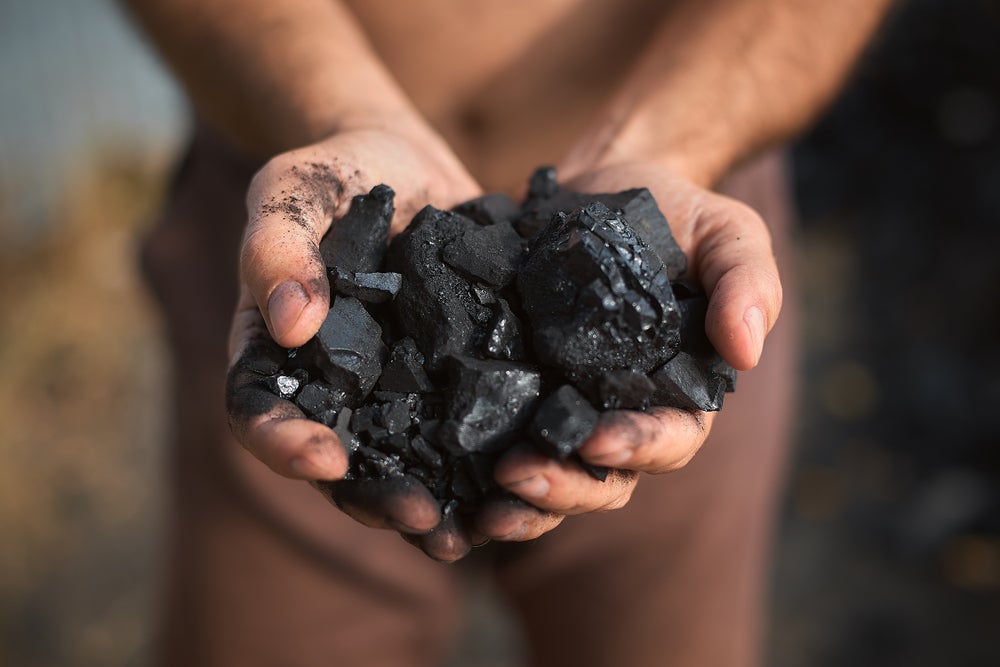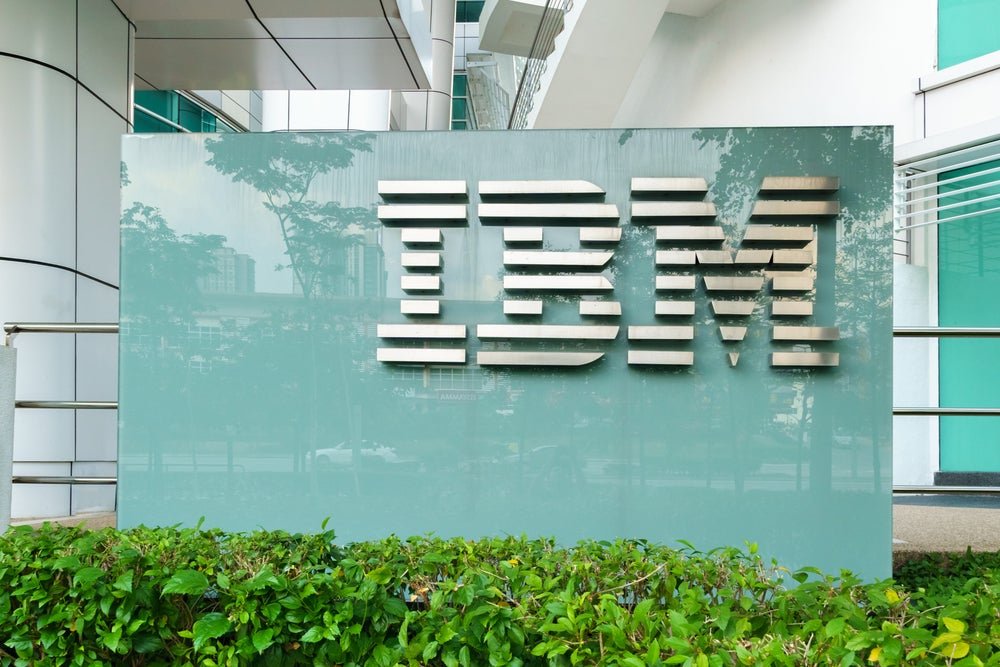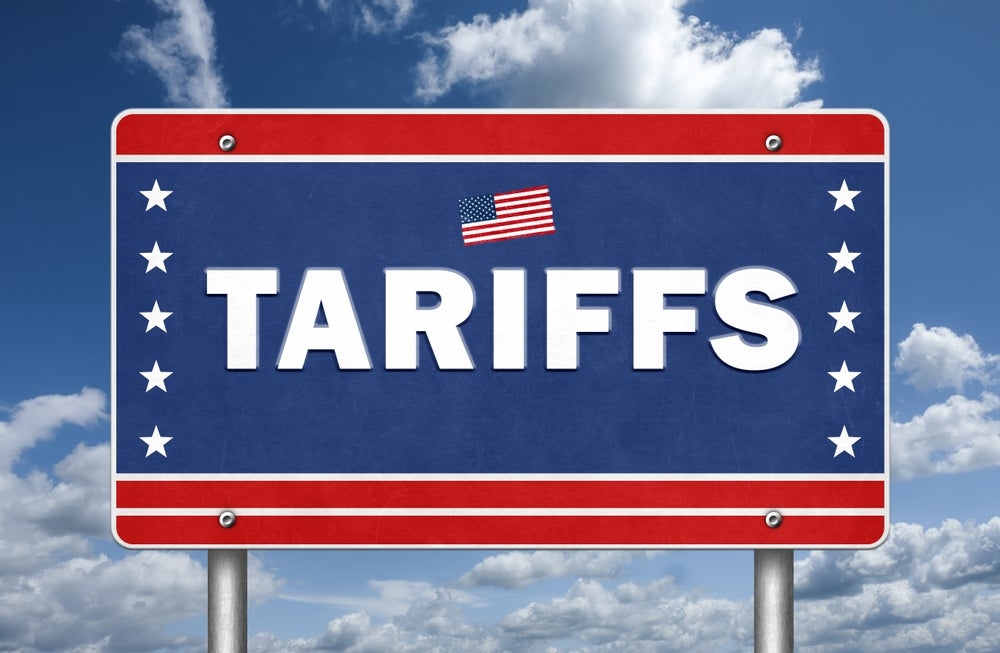The US, keen to assert its AI dominance on the international stage, has pushed back targets to phase coal out of the national energy mix.
Instead, it has prioritised satiating the voracious energy appetite of AI.
An appetite for data versus food insecurity
AI thrives on data. Mountains of data. Processing the data requires vast computational power and therefore energy.
The IEA estimates that global data centre electricity demand in 2026 will be twice as high as in 2022 and that data centres will account for nearly 6% of US electricity demand in 2026, a proportion that will rapidly increase.
The thirst and the hunger of data centres, however, have taken political precedence, particularly in light of the escalating tech wars brewing between the US and China. Meanwhile, according to ‘The State of Food Security and Nutrition in the World 2023’, a report by the UN’s Food and Agriculture Organisation (FAO), approximately one-third of the world’s population suffers from food insecurity. With an estimated global population of almost 10 billion by 2050 and marked reductions in available arable land over the past 50 years, the food crisis will likely worsen.
The unsuspecting consumer, surrounded by the marvels of the modern era, may be unaware that the essentials of human needs are increasingly commodified. Basic needs such as food, healthcare, housing, and education are treated as lucrative market opportunities rather than fundamental rights. The proliferation of data centres across the world has highlighted a troubling trend; while vast resources are being allocated to sustain the relentless growth of technology infrastructure, public welfare is sidelined.
The AI energy war
As has become convention, weaponised language is being used to rally the public to accept their ancillary position to their electronic sidekicks. Quoted in a recent Financial Times article, the US governor of Indiana has proclaimed “We need more energy, not less. We absolutely as Americans can’t afford to lose the AI war”.
Meanwhile, the US was one of just two countries that voted against a 2021 UN committee draft on the right to food, the other opponent being Israel. Republican attorneys general from half of US states are also engaged in a lawsuit against the Environmental Protection Agency following a landmark rule aimed at reducing carbon emissions.
There is cause for hope
However, there is a glimmer of hope on the horizon. The impending threat of climate change has spurred innovation, such as more energy-efficient algorithms and carbon-aware computing models that shift the cloud server’s location to where electricity is the greenest and cheapest and perform power-intensive tasks at times when renewable energy is most abundant.
Furthermore, if AI is leveraged correctly, it can be hugely beneficial in identifying where resources can be saved and how they can be maximised, particularly relevant to industry and manufacturing. Big Tech companies are also investing independently in renewable energy. In prospect is the use of nuclear fusion. In 2023, Microsoft signed a power purchase agreement with Helion that will provide it with fusion power by 2028. Helion has been backed strongly by OpenAI CEO, Sam Altman, who has called for an “energy breakthrough”.








